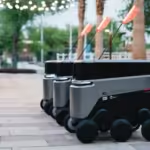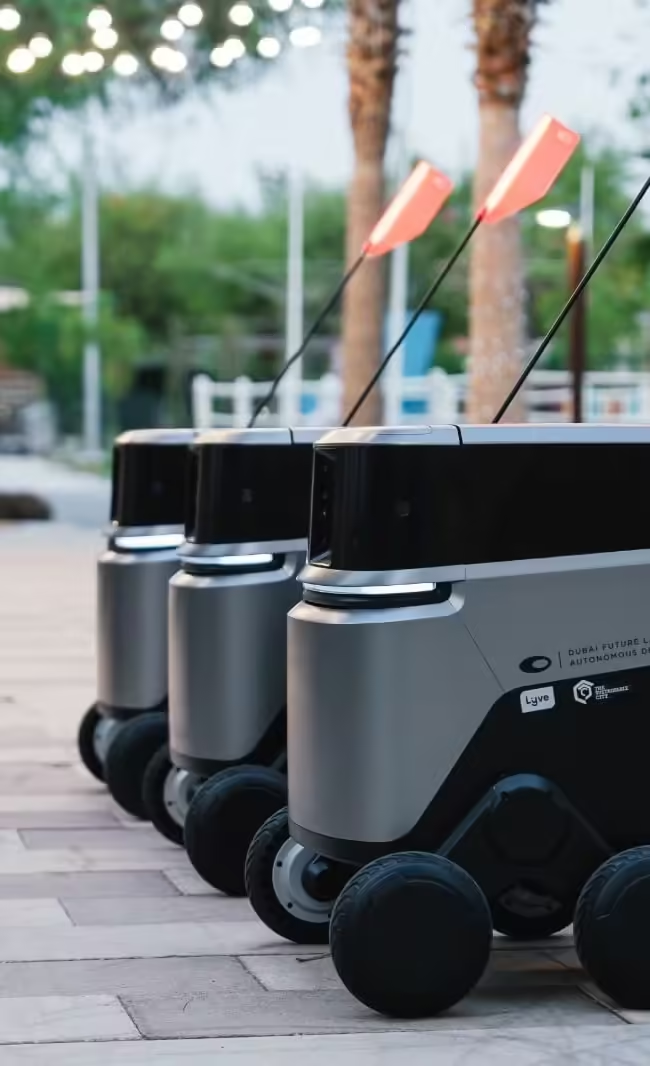Starbucks doesn’t just dish out coffee, it dabbles in Big Data. Here’s how

Starbucks doesn’t only go through mounds of coffee beans to satiate its raving fans, but they also have mounds of data they leverage in many ways to improve their customer experience and their business.
With 90 million transactions a week in 25,000 stores worldwide, the coffee giant is in many ways on the cutting edge of using big data and artificial intelligence to help direct marketing, sales, and business decisions. Here’s how they use the Big Data you’ve given them as you sip your brew.
Starbucks Rewards and Mobile App
When Starbucks launched its rewards programme and mobile app, they dramatically increased the data they collected and could use to get to know their customers and extract info about purchasing habits. The mobile app has more than 17 million and the reward programme has 13 million active users. These users alone create an overwhelming amount of data about what, where and when they buy coffee and complementary products that can be overlaid on other data including weather, holidays and special promotions. Here are just some of the ways that Starbucks uses the data it collects.
Personalising the Starbucks experience
Members of the rewards programme and mobile app authorize Starbucks to gather a lot of info about their coffee-buying habits from their preferred drinks to what time of day they’re usually ordering. So, even when people visit a “new” Starbucks location, that store’s point-of-sale system is able to identify the customer through their smartphone and give the barista their preferred order. In addition, based on ordering preferences, the app will suggest new products (and treats) customers might be interested in trying. This intel is driven by the company’s digital flywheel programme, a cloud-based artificial intelligence engine that’s able to recommend food and drink items to customers who didn’t even know, yet, they wanted to try something new. It’s so sophisticated that the recommendations will change based on what makes the most sense according to the day’s weather, if it’s a holiday or a weekday, and what location you’re at.
Targeted and personalised marketing
The same intel that helps Starbucks suggest new products to try also helps the company send personalised offers and discounts that go far beyond a special birthday discount. Additionally, a customised email goes out to any customer who hasn’t visited a Starbucks recently with enticing offers—built from that individual’s purchase history—to re-engage them.
Virtual barista
My Starbucks Barista through the Starbucks mobile app, allows you to place an order through voice command or messaging to a virtual barista using artificial intelligence algorithms behind the scenes. Since there are so many nuances to an individual order, it’s quite an accomplishment for an artificial intelligence engine to provide a seamless customer experience.
Determine new store locations
It’s common knowledge that the right location is essential to succeed in retail. The Starbucks market planning team doesn’t rely on their gut feelings to determine where stores should be located, but taps into the power of data intelligence through Atlas, a mapping and business intelligence tool developed by Esri. This tool evaluates massive amounts of data, such as proximity to other Starbucks locations, demographics, traffic patterns and more, before recommending a new store location. This system even predicts impact to other Starbucks locations in the area if a new store were to open. Even though it feels like there’s a Starbucks on every corner, rest assured the data told them to build it.
Expansion of products into grocery stores
When the company decided to expand and offer Starbucks products customers could purchase at grocery stores and enjoy at home, they turned to data to determine what products they should offer. It combined data it had from its stores about how customers ordered their beverages and combined that intelligence with other industry reports about at-home consumption to create their grocery store product lines. From pumpkin spice caffe latte K-cups to iced coffee without milk or added flavours, Starbucks’ data-driven approach to production expansion is smart business.
They know a lot about us right? Well, here’s one of their secrets. Starbucks was named after Moby Dick. Do what you will with that info.
Wow! Didn’t think anyone would be tracking my digital footprint while I added two extra sugars to my coffee.







